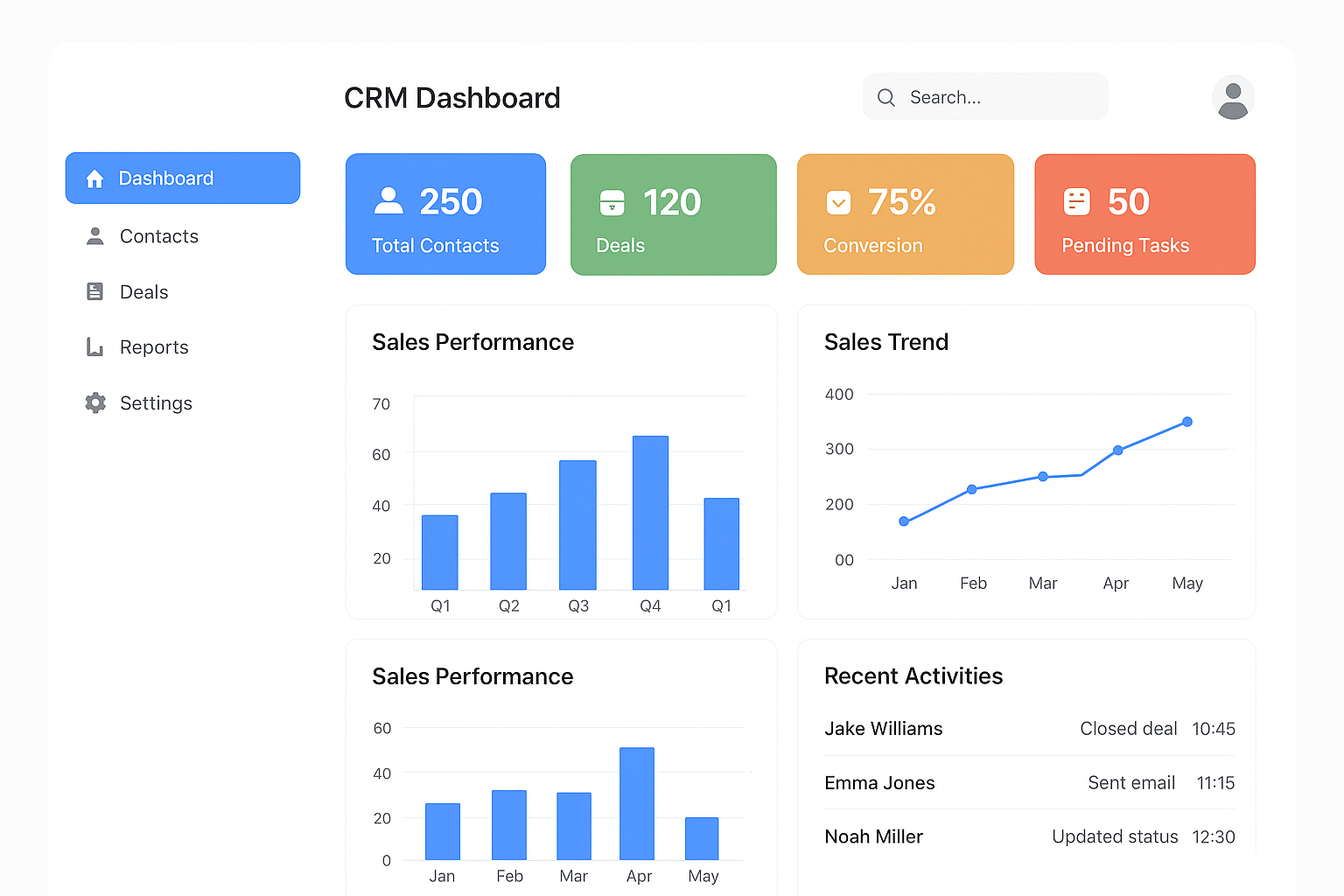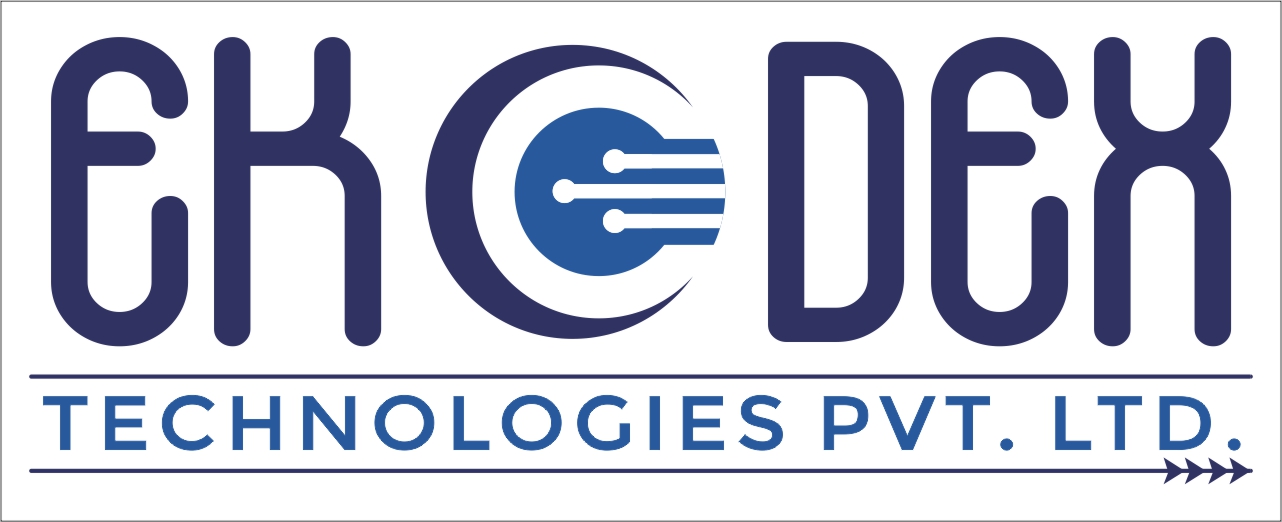What is CRM?
CRM (Customer Relationship Management) is a powerful software that helps businesses manage customer interactions, sales pipelines, marketing campaigns, and support services in a single platform. It improves collaboration, enhances customer experiences, and drives business growth.
Why is CRM Important?
An effective CRM ensures smooth customer relationship management and empowers sales and marketing teams to focus on closing deals and retaining clients. With centralized data, organizations can increase customer loyalty, streamline processes, and boost revenue.
Key Features of a CRM
- Contact Management – Centralized storage of all customer and prospect details.
- Sales Pipeline Tracking – Monitor deals, stages, and progress to close more sales.
- Marketing Automation – Run campaigns, email marketing, and lead nurturing workflows.
- Customer Support & Helpdesk – Manage tickets, service requests, and customer communication.
- Task & Activity Management – Assign tasks, set reminders, and follow up efficiently.
- Analytics & Reporting – Track KPIs, forecast sales, and measure performance with real-time insights.
- Mobile CRM – Access contacts, deals, and reports anytime via mobile apps.
- Integration – Connect CRM with email, ERP, social media, and third-party apps.
Benefits of CRM
Implementing CRM helps businesses to:
- Improve customer relationships and retention
- Streamline sales and marketing processes
- Increase team productivity and collaboration
- Gain actionable insights with real-time data
- Boost sales conversions and revenue growth

"A good CRM doesn’t just track customers, it builds relationships and drives business success."
Conclusion
In today’s competitive market, a CRM is no longer optional – it is essential. It enables organizations to automate sales, personalize customer interactions, and create long-term business growth.

